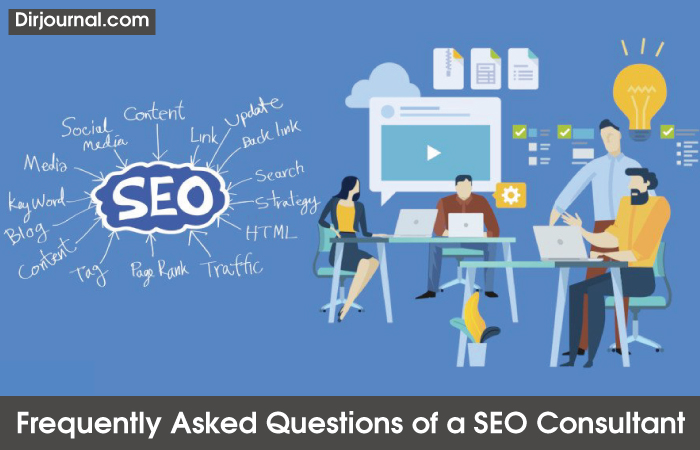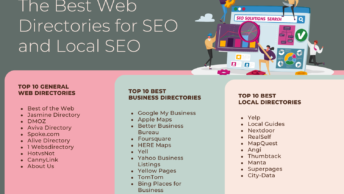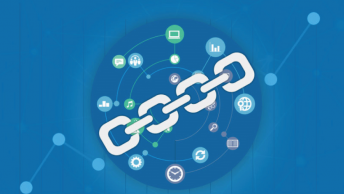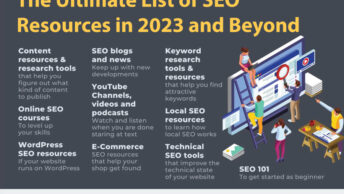Being a professional search engine optimization consultant, answering the same questions about SEO is something I frequently do. Often times, clients are anxious to get started because they know profits can be boosted yet they only have a vague idea of what SEO is and what it truly means to optimize a website for organic search.
I find that people, who are curious about SEO, generally ask questions so they can determine a) what type of a commitment a SEO campaign will involve and b) how much time and effort will be required on their part. Understandably so, they often have many questions about the whole process and more importantly, the results they can expect to enjoy.
Here are the questions that seem to be reoccurring among potential clients who contact me, and my general responses to said questions:
1. What’s involved in the SEO process?
This is the number one question I get and believe it or not, their reaction to my response actually helps ME determine, right then and there, the type of client this person will be. If they’re interested in a full campaign, I believe it’s important to explain EARLY on that depending on the industry they’re competing in, embarking on a SEO campaign will often require making MANY (sometimes uncomfortable) changes to a website including (but not limited to); restructuring the navigation, revamping page URLs, implementing 301 redirects, creating unique page titles and meta data for every important page on their site to name a few.
If they’re still on board after that I usually explain that along with making technical changes, there will often need to be fresh content produced daily and daily promotion via social media sites and link building. This lets them know that there will be SOME type of commitment involved on their part after you finish the campaign.
If they’re still on board at this point then you know you’ve got a potential client who a) recognizes there’s hard work involved and b) is willing to make the necessary changes to facilitate the results (some are willing to make drastic changes whereas others will fight tooth and nail to keep things the same).
I would then go on to explain how I personally approach a campaign (it’s different for everyone), which generally entails thorough analytics research, keyword research, content creation and link building.
2. Are META tags important?
Yes and no. There are many people who will tell you that META data is no longer important when it comes to ranking in the search engines. Too me though, even if META data can no longer help you RANK, there is still benefit to be had by using it. Tags such as “nofollow” or “noodp” can be useful for specific tasks, but when optimizing pages for organic search, the META tags I focus on are simply the title tags and the description tags.
The title attribute:
Many websites make the mistake of using their domain or site name as the sole text within their page titles. By doing this they are failing to understand that their page titles are the most valuable way to tell both visitors and search engines what their page is about. For this reason, it’s important to create unique and descriptive page titles for EACH page on your website, using keywords that people would search for to find your services.
The description attribute:
By using the META description tag you’re not only giving the search engines a clearer description of your content, but you’re also enticing searchers to click on your listing because what you write in that tag gets used in the SERPs… sometimes word-for-word. The META description tag is therefore and excellent place to use your keywords to describe your company and services.
The keywords attribute (and why I don’t use it):
As for the META keyword tag, I don’t use it because it hasn’t provided value since 1997 and I believe the only purpose it now serves is to let your competitors in on which terms you’re targeting. Back in the early days, search engines relied on the META keywords to tell them what the sites content was about. Unfortunately, people began to abuse the system and the majority of search engines have since discounted the tag. My personal advice is to ignore the keyword attribute and let your competitors do their OWN keyword research.
3. How long before I see results?
Depending on the campaign goals and objectives, results can be almost immediate. For example, a site which has unknowingly blocked the search engines from accessing their website via their robots.txt file, can experience positive results as soon as the mistake has been found and fixed and the search engines have been enticed to come back and re-crawl the content. For rankings, once a site has been optimized and link building has been initiated, results can be seen anywhere from a couple of hours to a couple of weeks. The competitiveness of the terms matters a lot though. Obviously it’s easier/faster to rank for “Seattle hypnosis” than it is to rank for just “hypnosis”.
4. What happens after you’re finished working on my website (i.e. will the results last forever)?
Again, this depends on the goals of the campaign and the competitiveness of the industry. If the campaign goal was to figure out WHY Google won’t index the site, and the cause was determined to be the fault of a mis-used robot.txt file, then as long as the robot.txt file is formatted correctly, the results will last forever. If, on the other hand, the campaign goal was to rank #1 for a very competitive term, then chances are there will need to be some continual work in order to STAY #1 after the initial rank is achieved.
I think a good campaign will focus on the long-term success as well as the short-term though. That is, when systems are initially implemented (to get backlinks for example), consideration should be taken as to whether the technique will still be viable after the campaign is over. As a professional link builder, the link building system I implement for you today, should still be providing value (i.e. backlinks to your site) in the future.
5. How much does SEO cost?
This is different from one SEO to another. A big agency or firm may charge substantially more than a small consultant, but a small consultant may take longer to perform the work due to less employees. You’ll find that the big agencies are more likely to charge a flat rate for the entire campaign which could run anywhere from $5,000 all the way to $100,000+, whereas the small consultant will generally charge by the hour at a rate of approx $40.00 to $200.00+. If you’re a business owner who’s new to SEO and not sure of the results it can produce, my advice is to start out with a few hours of work from a smaller consultant before you decide to shell out the big bucks with the big corporations.
If you’re considering the services of an SEO professional I think these are perfectly good questions to start out by asking. No matter what though, remember to keep your focus on providing a website which is easy to access by both search engines and searchers alike with content that provides maximum value.







I think you mean the title tag when you talk about the title “The title attribute”. Any opinion on using the actual “title attribute” for seo reasons? thanks. conrad
I think you mean the title tag when you talk about the title “The title attribute”. Any opinion on using the actual “title attribute” for seo reasons? thanks. conrad
Today I learned something new. Thanks.
Today I learned something new. Thanks.